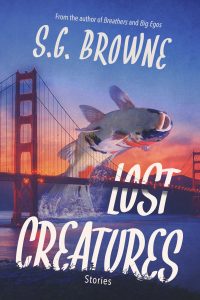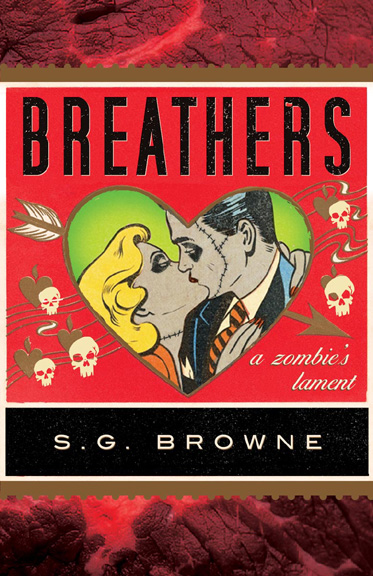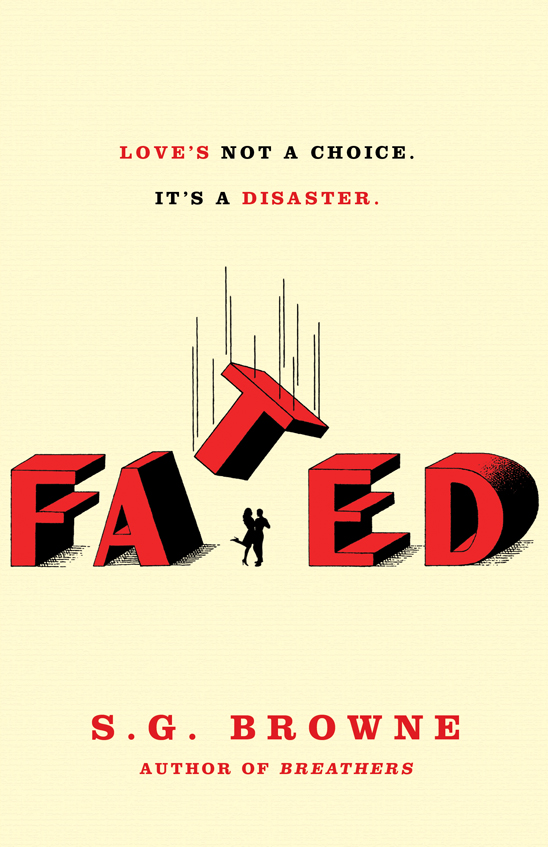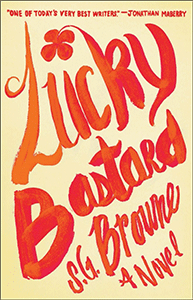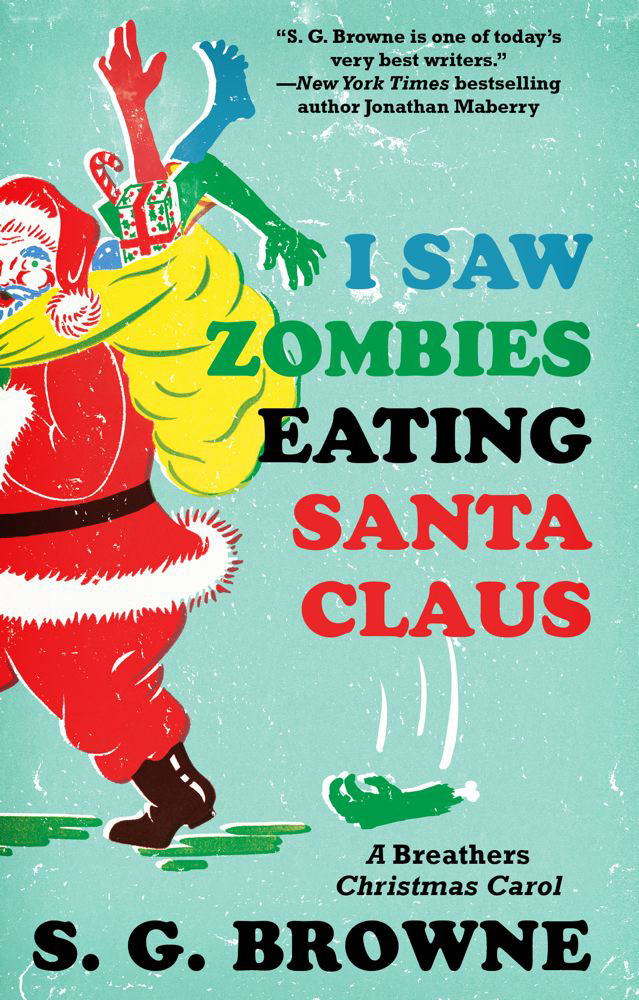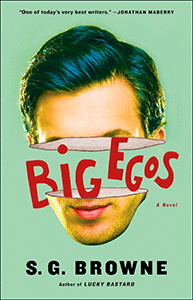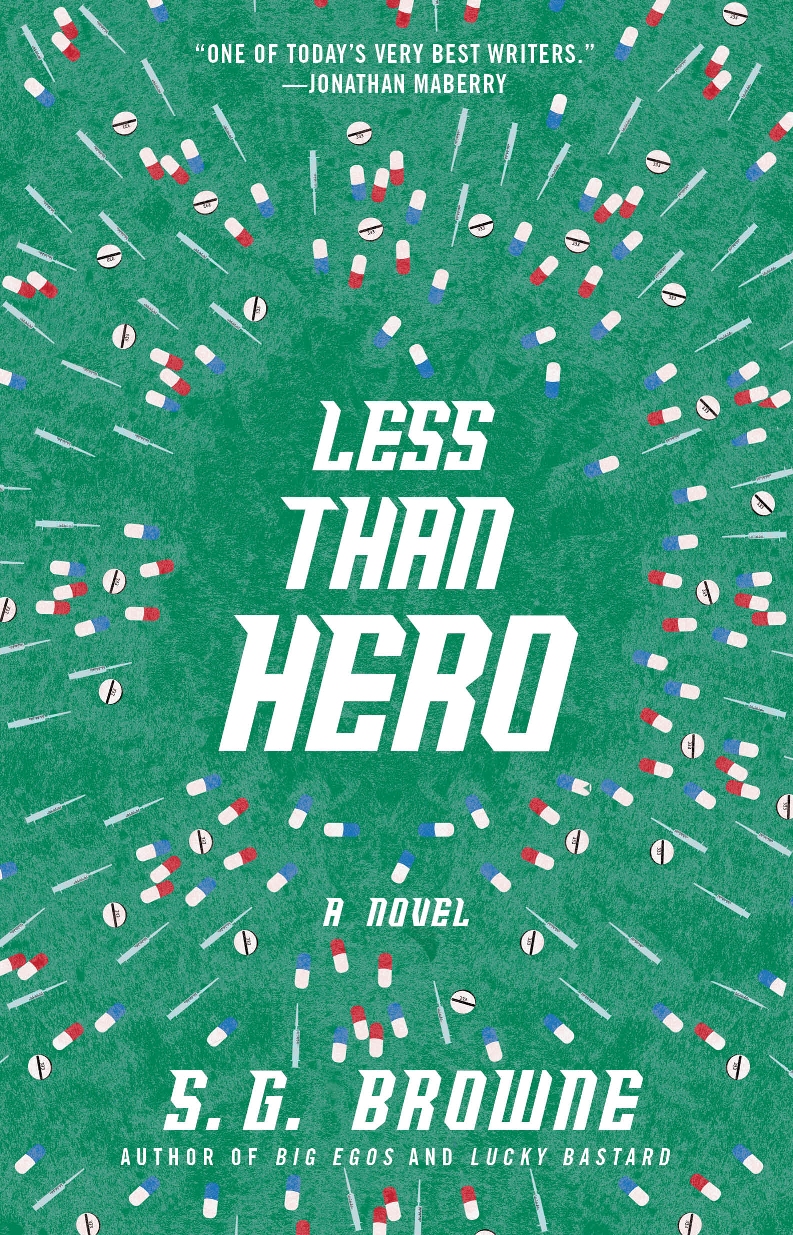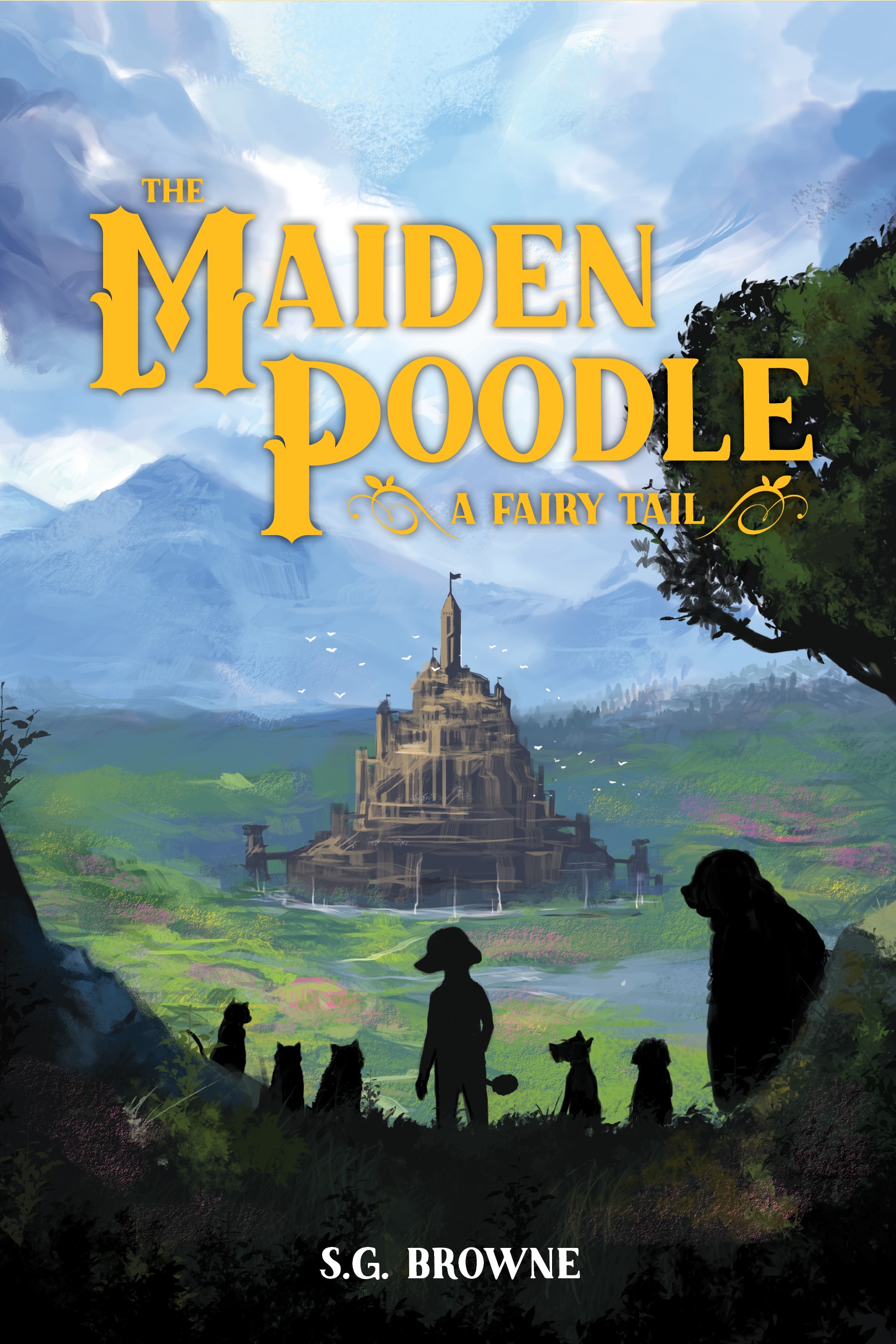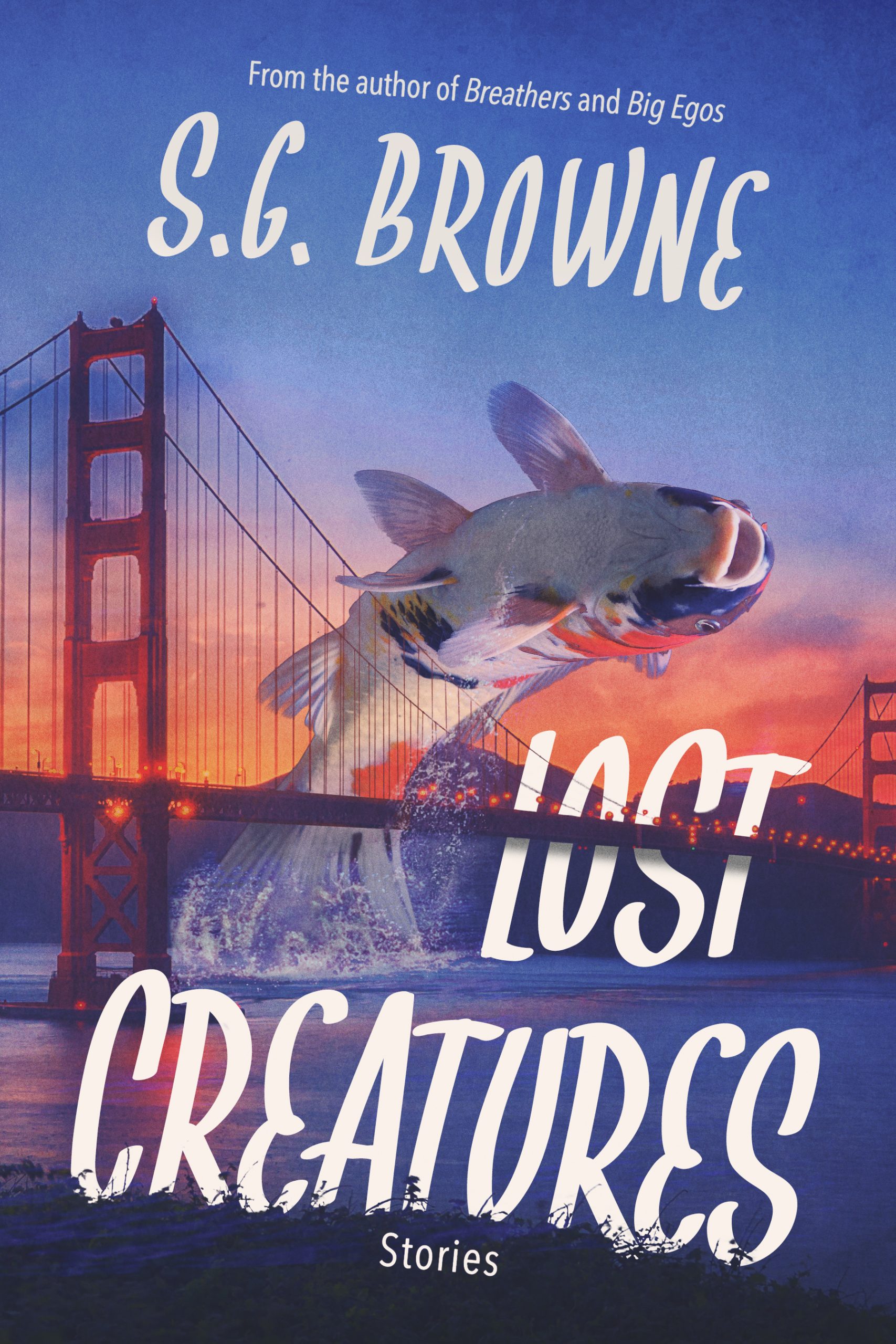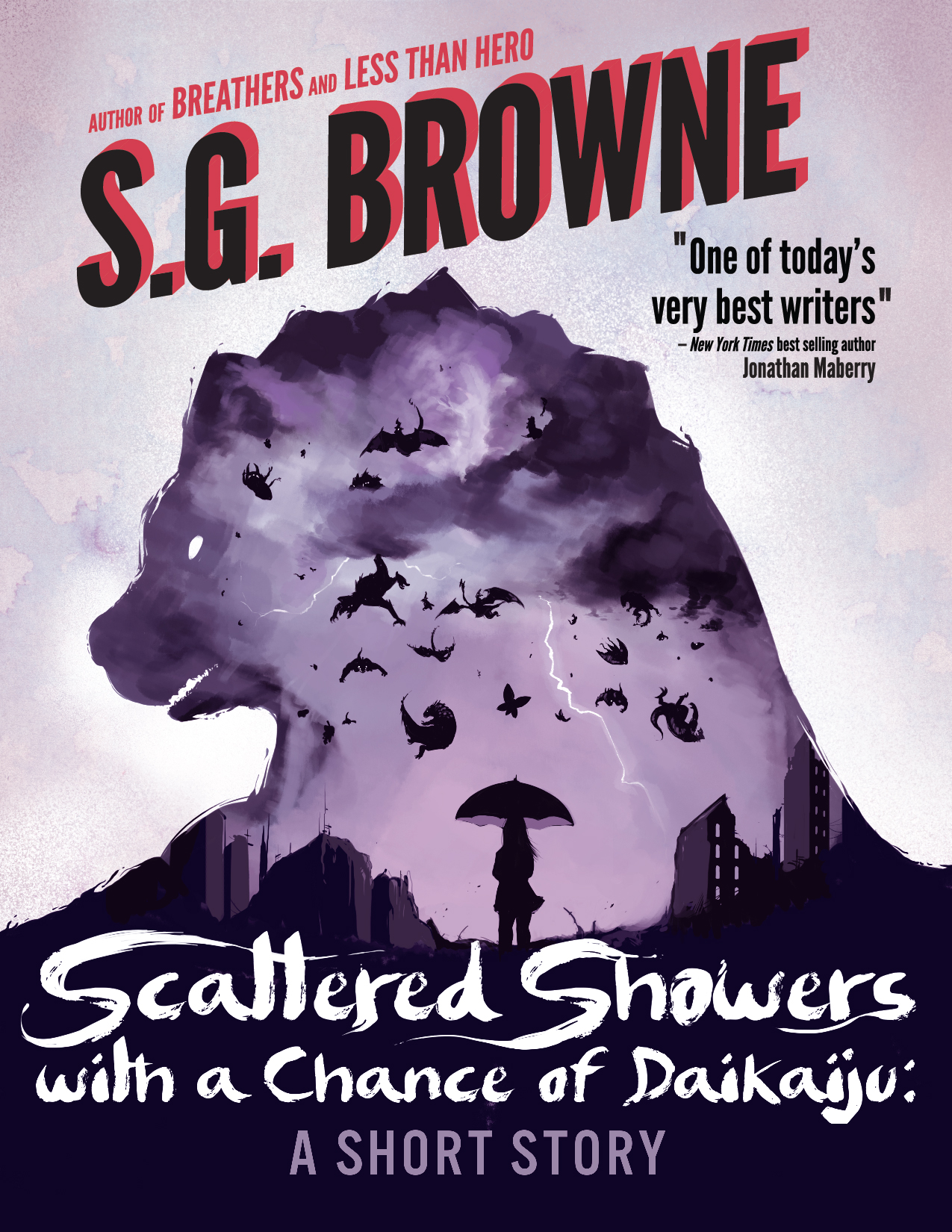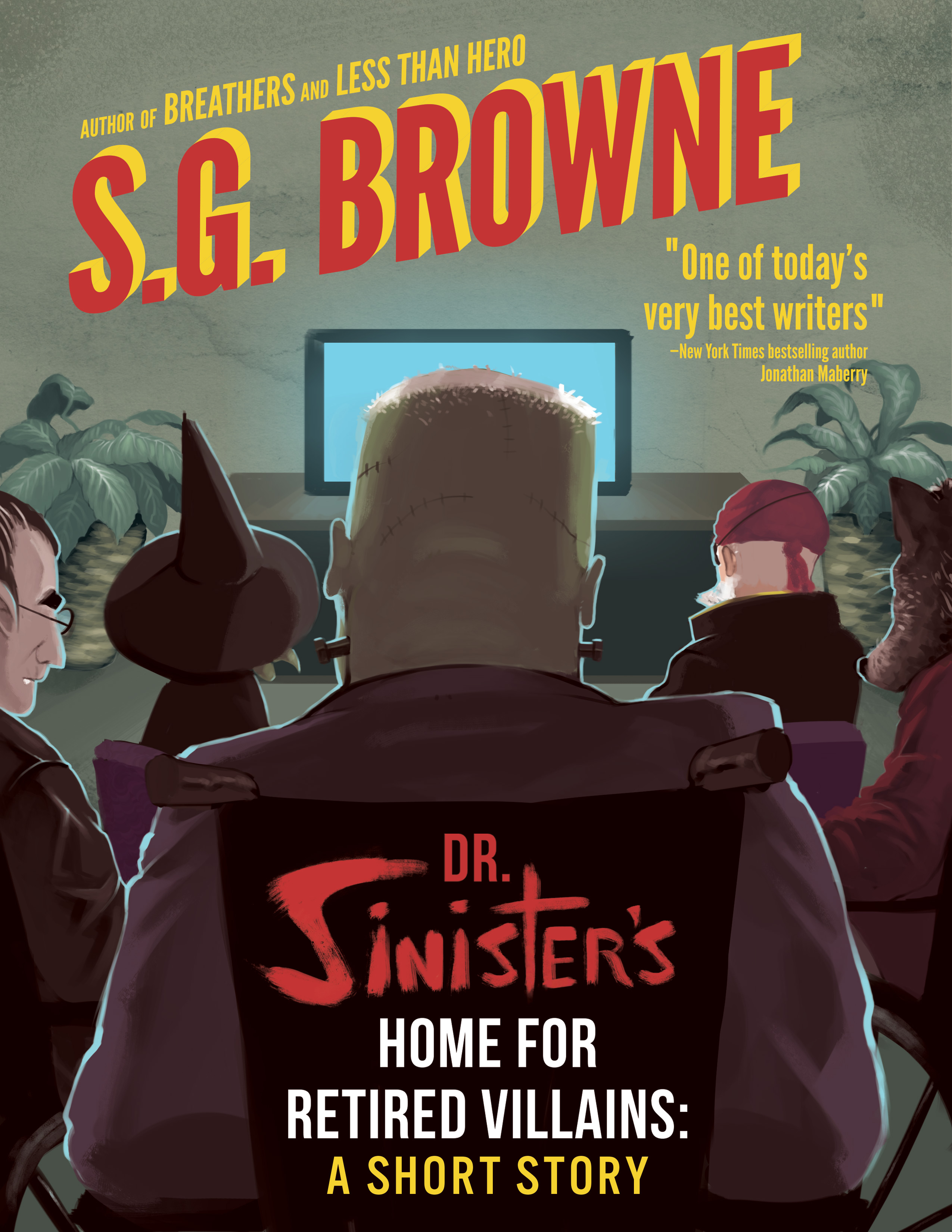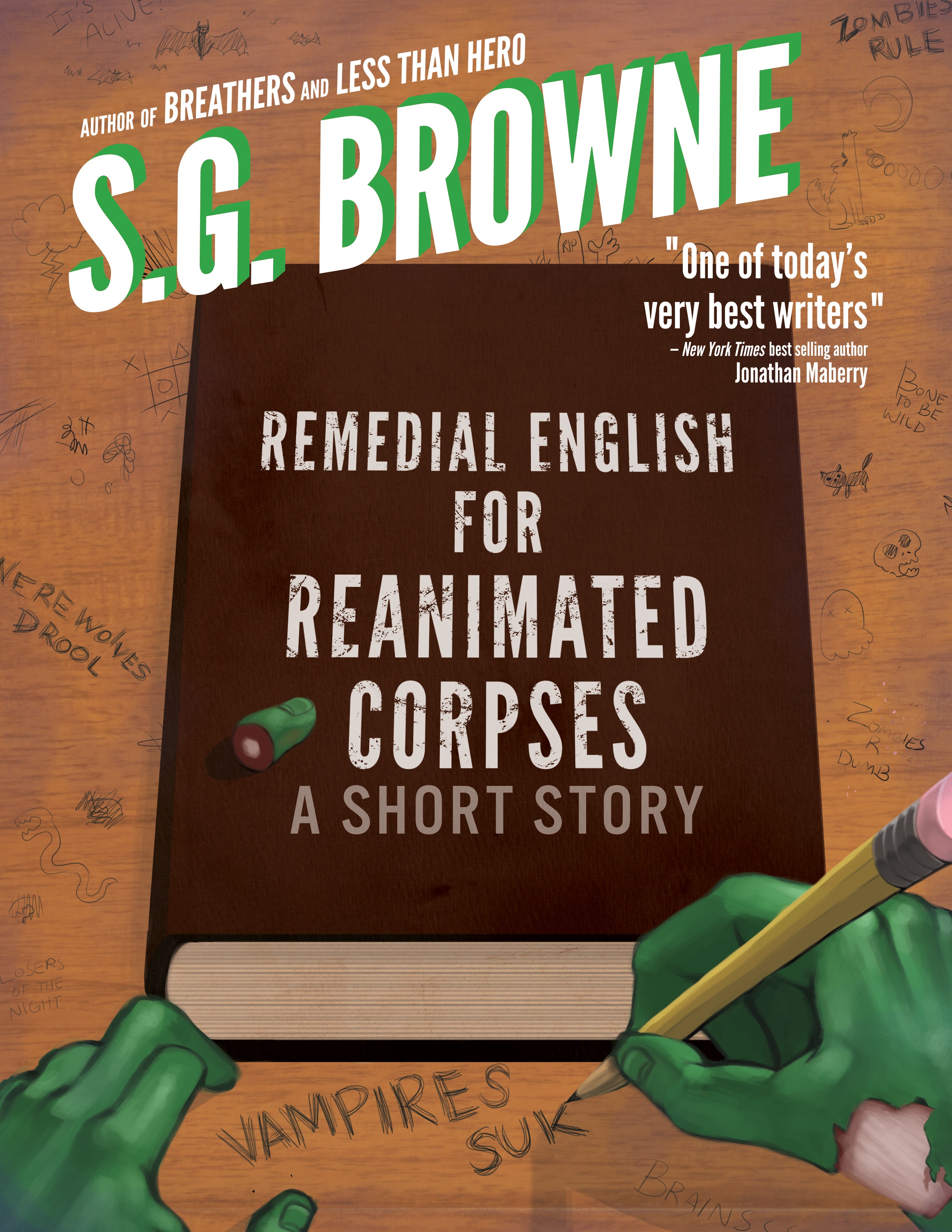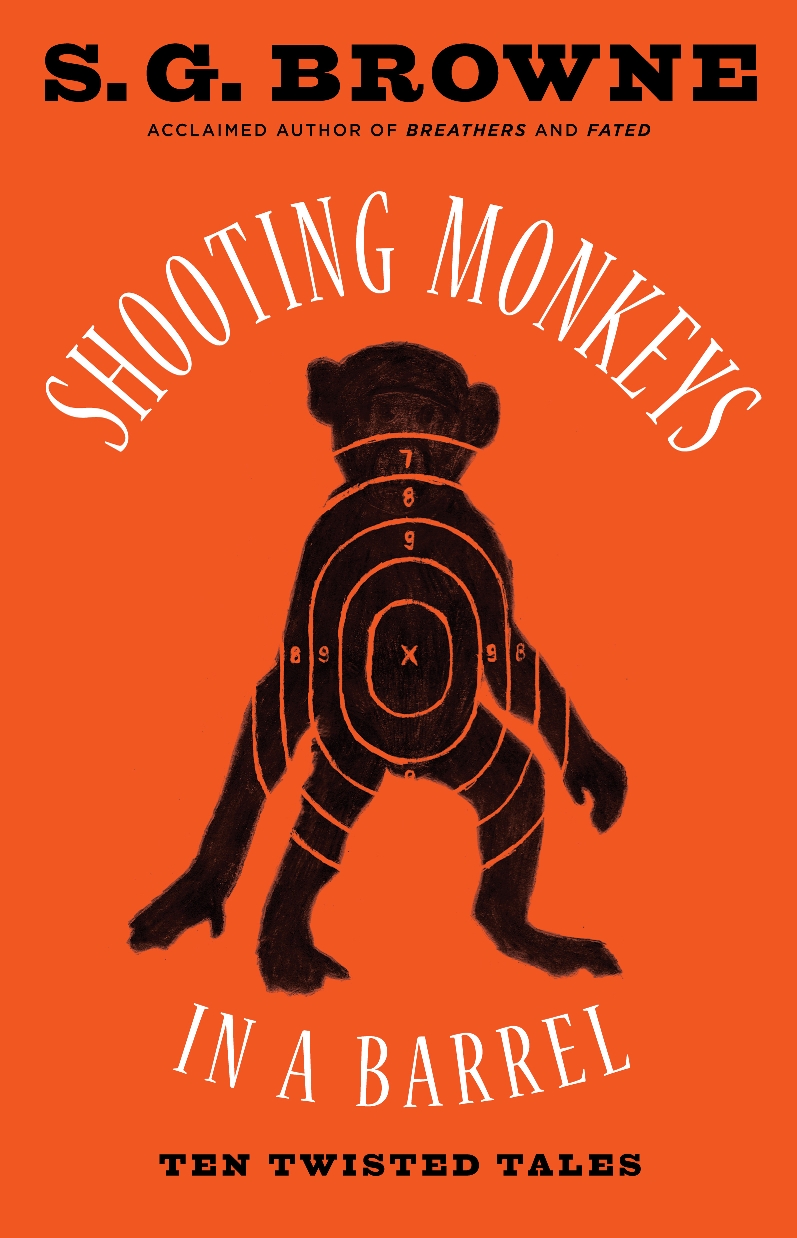Fiction Friday: Marlowe and the Spacewoman
Over the next few weeks I’m going to be spotlighting several authors and novels that inspired and influenced me in the writing of my third novel, Lucky Bastard (scheduled for release on April 17). And the first one up: Marlowe and the Spacewoman.
“It’s hard to stay clean when even the soap’s out to get you.”
That’s the tagline on the cover of Marlowe and the Spacewoman, the debut novel by Ian M. Dudley—a humorous sci-fi/dystopian/detective story about a clone-turned-private-eye who lives in the 22nd century.
Ian is part of my writers’ group here in San Francisco and I had the opportunity to workshop his novel several years ago. The novel was actually written in 2002 as part of NaNoWriMo (National Novel Writing Month) but, as Ian said, it sat around for a while before he decided to do something with it. I’m glad he did.
I asked Ian a few questions about his novel, which he was kind enough to answer below.
* * * * *
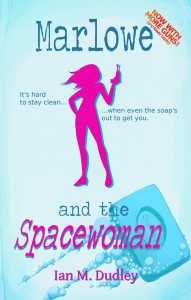 Describe Marlowe and the Spacewoman in twenty-five words or less.
Describe Marlowe and the Spacewoman in twenty-five words or less.
“To avoid death, a spare parts clone-turned-private-eye, made redundant by medical advances, must prove a woman who crashed to Earth is indeed from outer space.”
Does clone-turned-private-eye count as one word, or four? If one word, I made it. Otherwise, I went a bit over. Sorry. Man, and I thought twitter was hard!
Your novel includes a talking Rottweiler, a codependent toothbrush, a genetically modified parrot, and a sentient bar of homicidal soap. How much acid did you drop in college?
I’ve never in my life dropped acid. I handle my drugs with extreme care so they don’t fall on the ground and get dirty.
Actually, I wish I HAD dropped acid at some point in my life. It would make a lot of people far more comfortable about where my ideas come from. Myself included. To reassure my family and friends, I tell them my freshman roommate spiked my Jolt Cola with LSD when I wasn’t looking. It’s a lie, but it makes everyone feel better about the situation.
How far in the future does your novel take place? And would you want to live there?
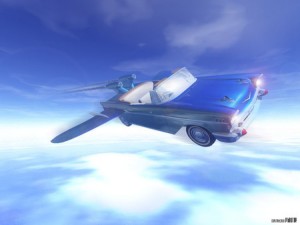 The book takes place a century in the future, when we will finally get those flying cars science fiction has been promising for decades. The world’s more than a bit dystopian, so even though Marlowe manages to do pretty well for himself despite cloying toothbrushes and soap out to get him, I wouldn’t want to live there. However, I would LOVE to visit the place.
The book takes place a century in the future, when we will finally get those flying cars science fiction has been promising for decades. The world’s more than a bit dystopian, so even though Marlowe manages to do pretty well for himself despite cloying toothbrushes and soap out to get him, I wouldn’t want to live there. However, I would LOVE to visit the place.
I don’t think I could write a book with a setting I didn’t want to visit, or characters I didn’t want to meet. I derive a great deal of pleasure figuring out the idiosyncrasies of a world and then forcing my characters to think fast in order to navigate them. I have a bit of a cruel streak.
That said, I’ve yet to create a setting I’d want to live in. I’m not sure what that means, though. Have I yet to write the ultimate (for me) book? I like that idea – this awesome novel that knocks you off your feet, lurking in the dark corners of my imagination, waiting for me to tease it out. The thought of something like that still in me fills me with a sense of optimism. And a smidgen of dread.
You include a lot of details about what the future might hold. Did you do a lot of research? Or do you just have a wild imagination?
I started to do research, but then it got hard and I gave up.
 The star system Nina (the Spacewoman) claims to have returned from is real and has planets around it. So for that, yes, I happily plugged away in science journals and web sites. But then I thought, “You’re an engineer, figure out what percentage of the speed of light she’d have to be traveling at, including acceleration and deceleration, to add to the book’s realism.” This is how I discovered that an engineer is NOT an astrophysicist, no matter how much he’d like to think he could be. So for the really hard science stuff, I…avoided…potential sources of embarrassment by being a little vague on the details.
The star system Nina (the Spacewoman) claims to have returned from is real and has planets around it. So for that, yes, I happily plugged away in science journals and web sites. But then I thought, “You’re an engineer, figure out what percentage of the speed of light she’d have to be traveling at, including acceleration and deceleration, to add to the book’s realism.” This is how I discovered that an engineer is NOT an astrophysicist, no matter how much he’d like to think he could be. So for the really hard science stuff, I…avoided…potential sources of embarrassment by being a little vague on the details.
The other crazy stuff, I just took what’s going on in the world today and extrapolated to an extreme. I certainly hope none of it actually comes to pass! Well, most of it. I like the idea of super-intelligent parrots controlling the teamsters. I think they’d do a better job of it than humans.
And then there’s the spray-on clothes. Male-dominated marketing for sci-fi books inspired that, but after I wrote the book, some university actually invented it! Holy crap! I need to lose some weight, pronto!
Your title character is named after the iconic detective created by Raymond Chandler. Were Chandler’s novels an inspiration for Marlowe and the Spacewoman?
Absolutely. Both his novels and the film noir movies that they inspired. In fact, I called the reading and viewing ‘research,’ to get back to your previous question, but it felt too fun to be real research.
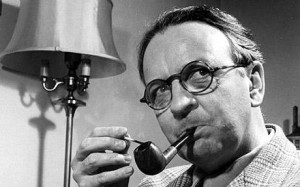 I’ve always viewed that era a bit wistfully. Big, ugly American cars, sharp-minded sleuths trying to make sense of those cars and the criminals who drove them, and the femmes fatale always betraying those sleuths. We need to bring back the femmes fatale. You knew they were gonna stab you in the back, but they were so smolderingly beautiful you just didn’t care. A man would find himself wishing she’d hurry up and finish backstabbing that other guy so she’d come over and give him his turn.
I’ve always viewed that era a bit wistfully. Big, ugly American cars, sharp-minded sleuths trying to make sense of those cars and the criminals who drove them, and the femmes fatale always betraying those sleuths. We need to bring back the femmes fatale. You knew they were gonna stab you in the back, but they were so smolderingly beautiful you just didn’t care. A man would find himself wishing she’d hurry up and finish backstabbing that other guy so she’d come over and give him his turn.
THAT is how it was done in those days, and it was awesome! Plus I love a good mystery, well told. And Chandler was a master of doing that.
Is there anything else you’d like to share about your novel?
This book has been a major part of my life for years, and I can’t express with words the elation I feel now that it’s finally out in the world. You can find excerpts (as well as the option to buy!) via the links below. I hope people will check it out.
Also, while a stand-alone novel, Marlowe and the Spacewoman is the first in a series. The second book, Balloons of the Apocalypse, is almost done. If you love Beethoven, you’re gonna HAVE to read that book.
* * * * *
Get your copy of Marlowe and the Spacewoman:
Follow Ian M. Dudley on Twitter or visit him on his Blog
